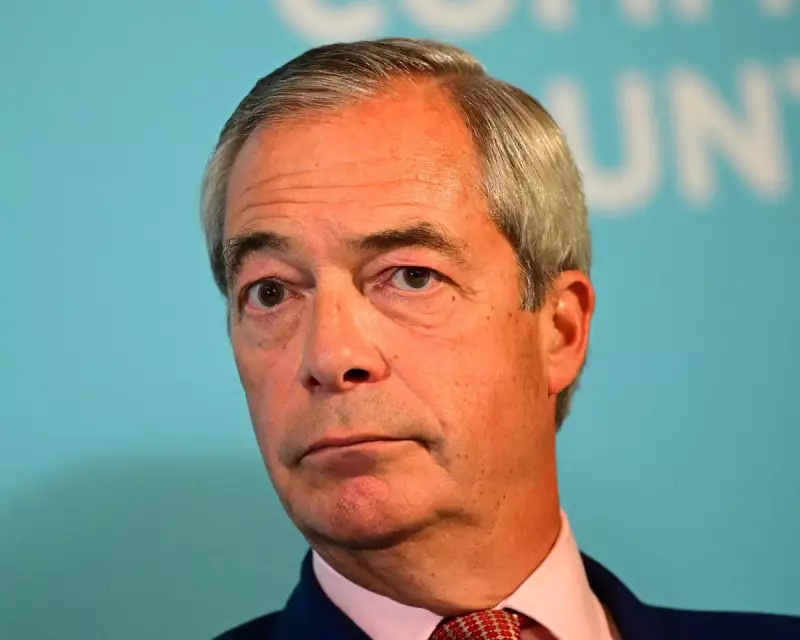
Nigel Farage has been accused of deliberately fostering hostility towards foreigners during a heated parliamentary debate that saw the Reform UK leader confront accusations of inflammatory language.
The controversy erupted during questions to the immigration minister, when Farage rose to challenge the very concept of indefinite leave to remain (ILR), suggesting it created a "misleading sense of permanence" for migrants.
Parliamentary Confrontation
Labour's shadow immigration minister, Stephen Kinnock, launched a direct attack on Farage's remarks, stating they would "stoke the politics of hate" and create division. "This is about playing politics with people's lives," Kinnock declared across the Commons chamber.
The exchange grew increasingly tense as Farage defended his position, arguing that the term "indefinite" was inappropriate since the status could theoretically be revoked under certain circumstances. Immigration minister James Cartlidge found himself in the unusual position of defending the current system against Farage's criticisms.
Legal Status Under Scrutiny
Indefinite leave to remain grants migrants the right to live and work in the UK permanently without immigration restrictions. Farage's intervention questioned whether this status should be considered truly permanent, despite its legal standing.
Cartlidge acknowledged that while ILR could be revoked in exceptional cases involving national security or criminality, it represented a "secure status" for the vast majority of holders. This response appeared to contradict Farage's characterization of the immigration status.
Political Fallout
The clash highlights the ongoing political battle over immigration policy, with Farage's Reform UK seeking to position itself as pushing for tougher stance than the Conservative government. Labour MPs quickly condemned what they described as dangerous rhetoric that could undermine social cohesion.
This parliamentary showdown comes amid ongoing debates about the UK's immigration system and follows recent government efforts to demonstrate control over migration numbers. The incident signals likely future confrontations as immigration remains a central political issue.






